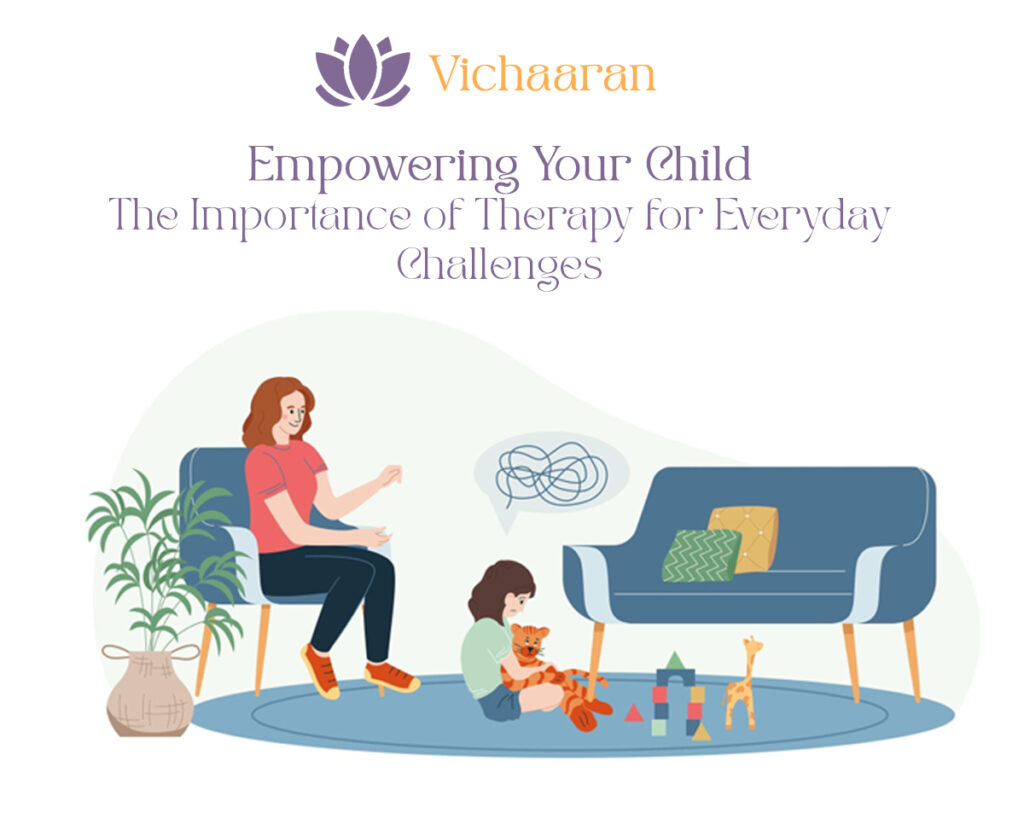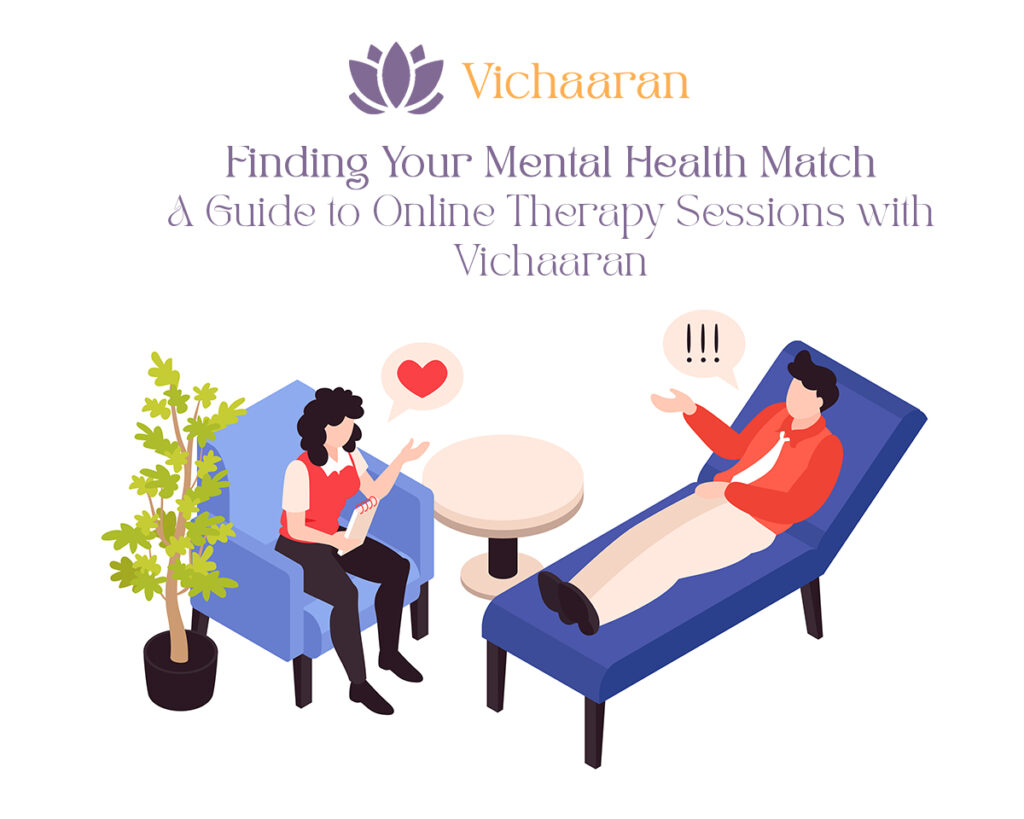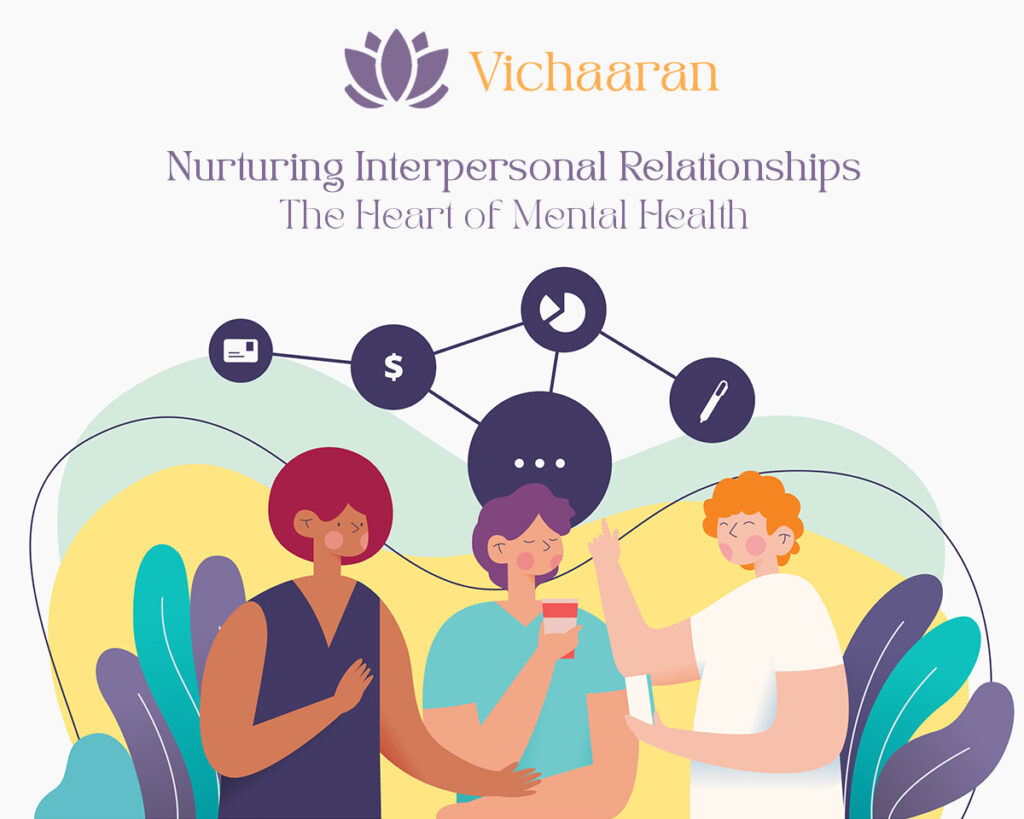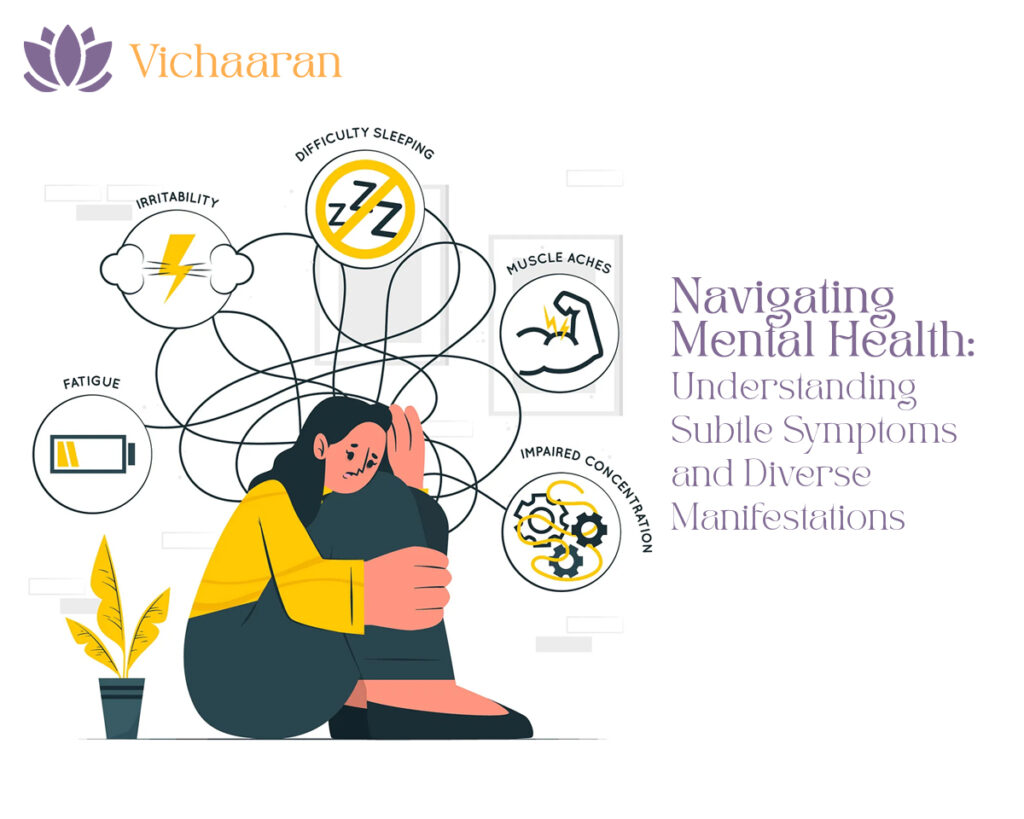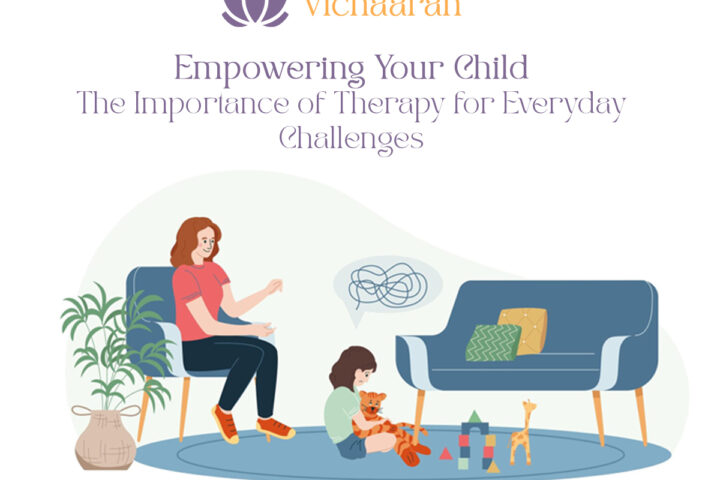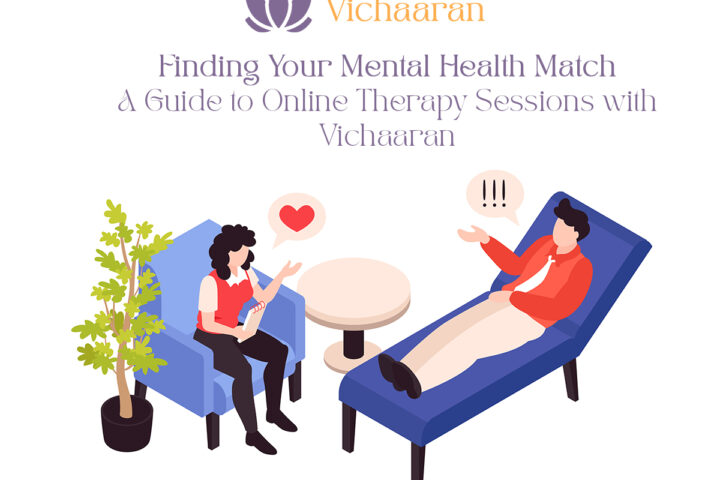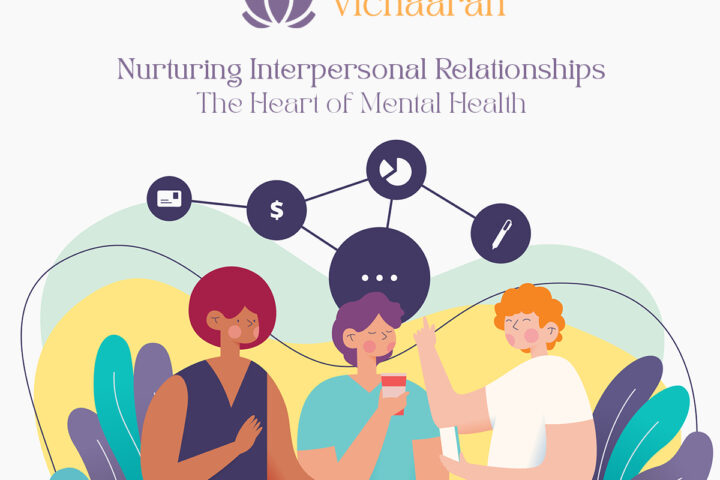Embracing Vulnerability: Nurturing Mental Health in Romantic Relationships

Learning to become expressive and vulnerable in romantic relationships is not only a journey of deepening emotional connection but also a powerful tool for nurturing mental health and well-being. In the context of romantic partnerships, vulnerability and expressiveness create opportunities for emotional growth, resilience, and healing, contributing to a sense of emotional fulfillment and stability.
Expressiveness in romantic relationships involves the willingness to share our thoughts, feelings, desires, and vulnerabilities with our partners openly and honestly. This level of transparency allows for deeper emotional intimacy and fosters a sense of mutual understanding and connection. By expressing ourselves authentically, we invite our partners into our inner worlds, strengthening the bond between us and fostering a sense of emotional closeness.
However, for individuals navigating mental health challenges, such as anxiety, depression, or trauma, learning to be expressive and vulnerable in romantic relationships can be particularly daunting. Past experiences of rejection or invalidation may heighten feelings of fear or self-doubt, making it difficult to trust others and share our innermost thoughts and feelings.
Yet, it is precisely through vulnerability that individuals can find healing and support in their romantic relationships. When partners create a safe and supportive environment for vulnerability, it can serve as a powerful antidote to feelings of isolation and loneliness. By sharing their struggles and vulnerabilities with their partners, individuals with mental health concerns can feel seen, heard, and accepted for who they are, without judgment or stigma.
Moreover, vulnerability in romantic relationships can foster empathy, compassion, and understanding, both towards oneself and one’s partner. By allowing themselves to be vulnerable, individuals create opportunities for mutual support and validation, enhancing feelings of connectedness and emotional intimacy. This sense of connection and support can be instrumental in managing mental health challenges and promoting overall well-being.
In conclusion, embracing vulnerability and expressiveness in romantic relationships is not only essential for deepening emotional intimacy but also for nurturing mental health and well-being. By creating a safe and supportive environment for vulnerability, partners can foster a sense of acceptance, understanding, and connection that promotes resilience and emotional growth. Through openness, honesty, and empathy, individuals can cultivate relationships that serve as a source of strength, support, and healing in the face of mental health challenges.
Remember, vulnerability is not a sign of weakness but rather a testament to our strength and courage in allowing ourselves to be truly seen and loved for who we are. By embracing vulnerability in our romantic relationships, we create the opportunity for profound emotional growth, healing, and connection.


